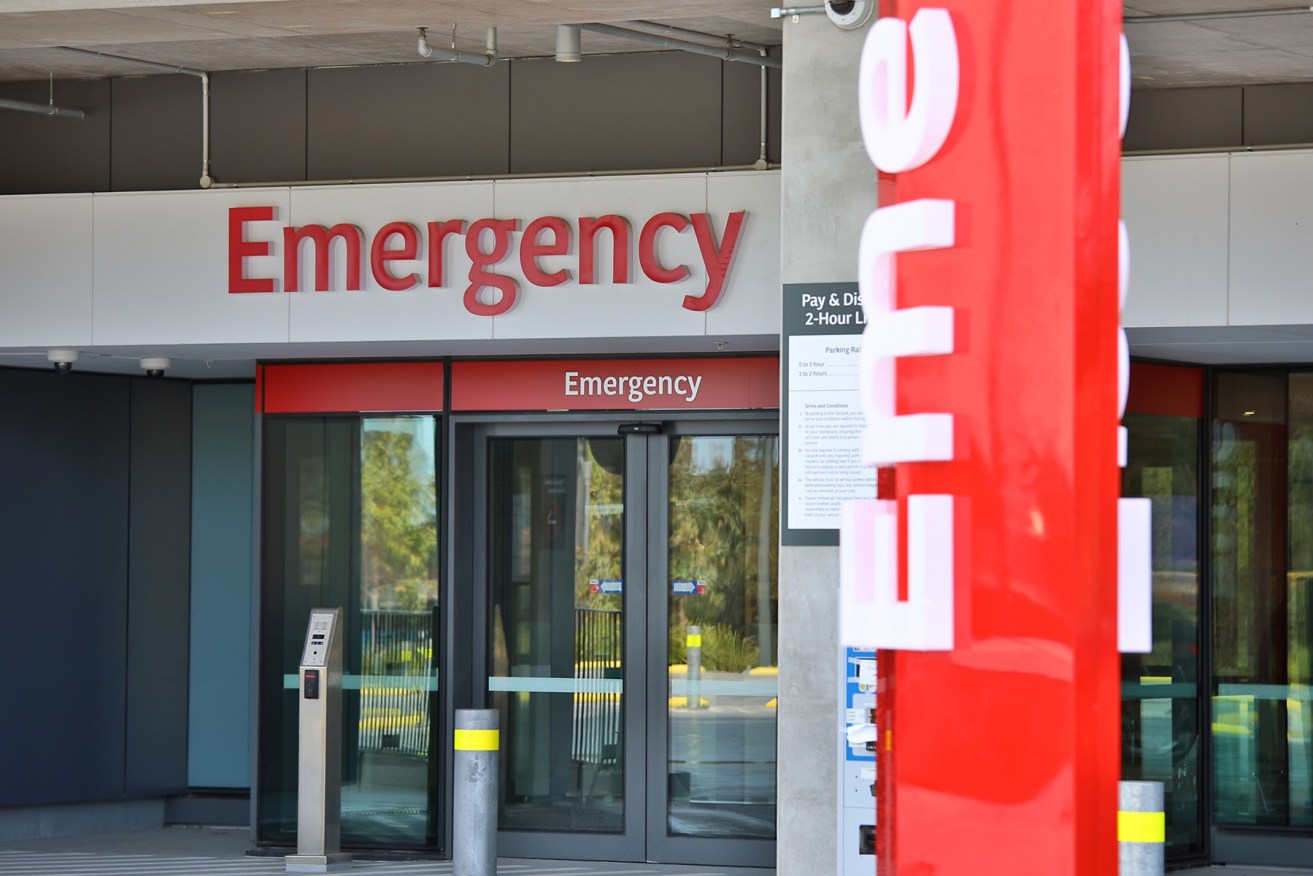Looming EPAS expansion threatens Libs’ election promise
The Marshall Government may struggle to meet its election promise to immediately pause the rollout of controversial electronic health records system EPAS, with its expansion at the Royal Adelaide Hospital looming within weeks.


Photo: Tony Lewis / InDaily
Steven Marshall told an election forum late last year that the Liberal Party would “immediately” pause and review the rollout of the Enterprise Patient Administration System if it won government.
The Royal Adelaide Hospital opened in September last year, featuring a partial version of EPAS that provides administrative support but lacks key clinical functions, carried out instead using alternative systems, including paper records.
InDaily understands the installation of a fully-fledged version of EPAS at the state’s flagship hospital is due to begin on or around April 10.
New Health Minister Stephen Wade told InDaily this morning he is not sure whether it is possible – or desirable – to stop the looming upgrade in its tracks.
He said the newly formed Government was doing its “due diligence” to find out.
The feasibility of stopping the RAH expansion in just over a fortnight was “something we’re looking at at the moment”.
“We need to do our due diligence,” said Wade.
He added, by contrast, that the Liberal Party’s election promise “certainly” applied to less imminent expansions of the electronic health records system.
“Our commitment to pause EPAS and review it certainly applies to Flinders Medical Centre and Mount Gambier (Hospital),” he said.
Wade said medical staff had expressed concern about the implementation of EPAS during his first tour of the Royal Adelaide Hospital as minister last Friday.
“Royal Adelaide Hospital staff questioning the wisdom of the stage two rollout (…was) a dominant issue,” he said.
Addressing his first joint party room meeting as Premier this morning, Marshall said his government was committed to implementing all of its election promises.
“We made some, I think, incredible promises in the lead-up to the election,” he told his colleagues.
“We’re going to implement every single one of them.”
EPAS was originally intended as the central electronic health records system that would replace paper records across South Australia.
But the system has suffered repeated cost and time blowouts and became running sore for the Weatherill Government, with doctors repeatedly warning the system slows down emergency care, threatens patient safety and worsens waiting lists.
EPAS has, however, been credited with dramatic reductions in hospital medication errors at each of the sites where it has been installed.
Wade did not rule out entirely scrapping EPAS, depending on the results of the Government’s review: all options were on the table.
But he said the Liberal Party believed, in principle, that some form of electronic patient health record system was important for modern healthcare – especially given the increasing complexity of chronic conditions associated with an ageing population.
In November last year, InDaily revealed SA Health had asked Cabinet for another $49 million to pour into EPAS, raising its cost to taxpayers from $422 million to $471 million over the 10 years to 2021.
In August, almost one in five medical staff using EPAS who responded to an Australian Medical Association survey blamed the system for “serious errors including charting medications for the wrong patient, critical delays in obtaining records on surgical patients and pathology errors such as mixing patients and specimens”.
But SA Health figures released last year showed that sites that use EPAS have enjoyed a significant fall in medication errors.
Errors fell from an average five per cent (one in 20) to 0.003 per cent (one in 3000) at those sites.
The proportion of patients leaving hospital with incorrect medication, without required medication or with medication they did not need fell from 12 per cent before the installation of EPAS to 3.5 per cent afterwards, according to the figures.
And more medical records – 94 per cent at the EPAS sites – now document patients’ medication allergies, up from 84 per cent at those same sites pre-EPAS.




